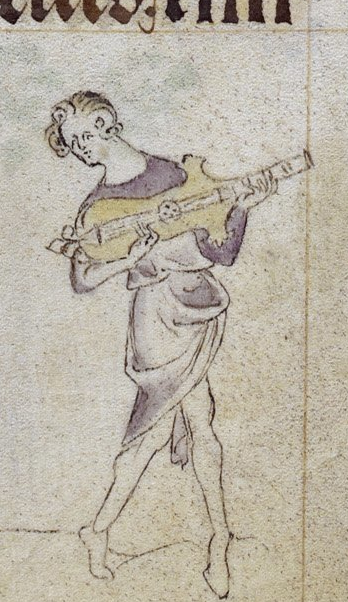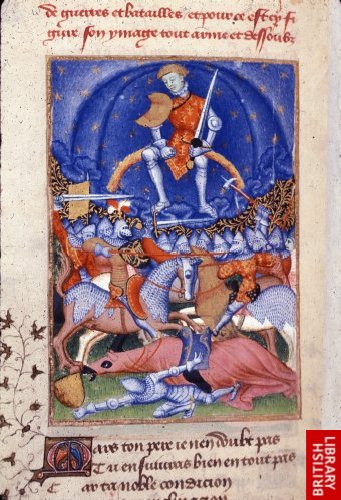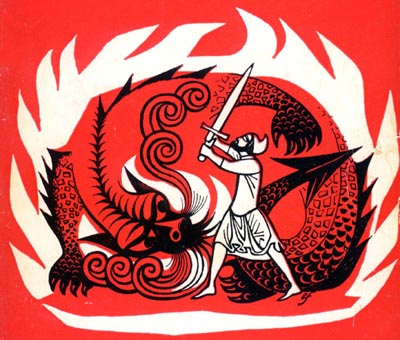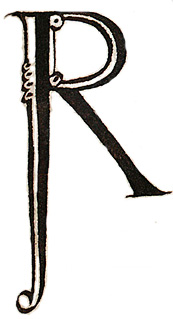Welcome to CW3105, a course for third year Creative Writing students concentrating on short fiction. Featuring discussion of set texts alongside production of new material through workshops.
Core second year English and Drama course, taught jointly with the Drama Department
1. Close critical reading of key texts
2. Thematic study
3. Historical analysis of the origins and development of the novel
4. Introductory study of key terms and concepts in narrative theory and criticism.
EN1998 is one of your two Term 3 Department-based modules on your Foundation Year. EN1998 is delivered as a 3-week intensive literary study module. We will examine one text in detail, adopting a different thematic thread each week. The module will impart understanding of the text's social, cultural and political contexts. The module assessment allows you to reflect on textual meanings, engage with primary materials and to reflect on the ways in which the module teaching & learning content has added to your thinking and development in areas of literary study.

The lecture workshop runs on Thursday mornings, from 10-11, in Arts Lecture Theatre 1
Seminar group 1 will meet on Thursday morning, from 11-12, in Arts Lecture Theatre 1; seminar group 2 will meet on Thursday afternoons, from 1-2, in Windsor Seminar Room 0-04.
Course tutor's office hours are from 11-12 on Tuesdays, and from 2-3 on Thursdays, on MS Teams, or in IN208
The Lord of the Rings regularly shows up in lists of ‘The Best Books of All Time’, and Tolkien continues to inspire interest and imitation for all kinds of reasons. This course examines Tolkien’s work from the perspective of his engagement with Old English poetry, a subject which constituted an important part of his scholarly activity. We will focus on three main Old English poems (in the original and in translation) and Tolkien’s two most popular works of fiction, The Lord of the Rings and The Hobbit.
Course Tutor:
Dr Jenny Neville
j.neville@rhul.ac.uk
IN216
Reading, discussing, and writing about novels by and about immigrants in the United States.
Victorian period, including plays, novels, poetry, short fiction, criticism, and essays. The literature considered explores Victorianism within England, but also from the perspective of other places, other views: the Crimea; the West Indies; sheep pastures in Australia; a Boston members club; the medieval past; a solar-powered feminist utopia...
This course will examine a range of novels by gay, lesbian and trans writers in Britain and Ireland which have emerged in the wake of the AIDS catastrophe and queer theory. We will focus on queer historical and biographical fictions, and explore the reasons behind the dominance of these approaches in recent queer literature. We will also explore the various literary and political strategies employed by these writers, such as historical and literary reclamation, the queer destabilisation of fixed categories of identity, the figuring of desire’s ambiguous textures, a studied engagement with form etc. By focusing on prominent contemporary writers, we will explore the evolution of queer British fiction from within and beyond the dictates of queer theory.
EN2321: Dark Reform: Scandal and Satire in American Arts
Tim Armstrong
In the spring term students will explore poetry (Pound, Eliot, HD and others); the autumn term will be devoted to modernist fiction (Woolf, Joyce and others).


 EN2009 / 3009
EN2009 / 3009